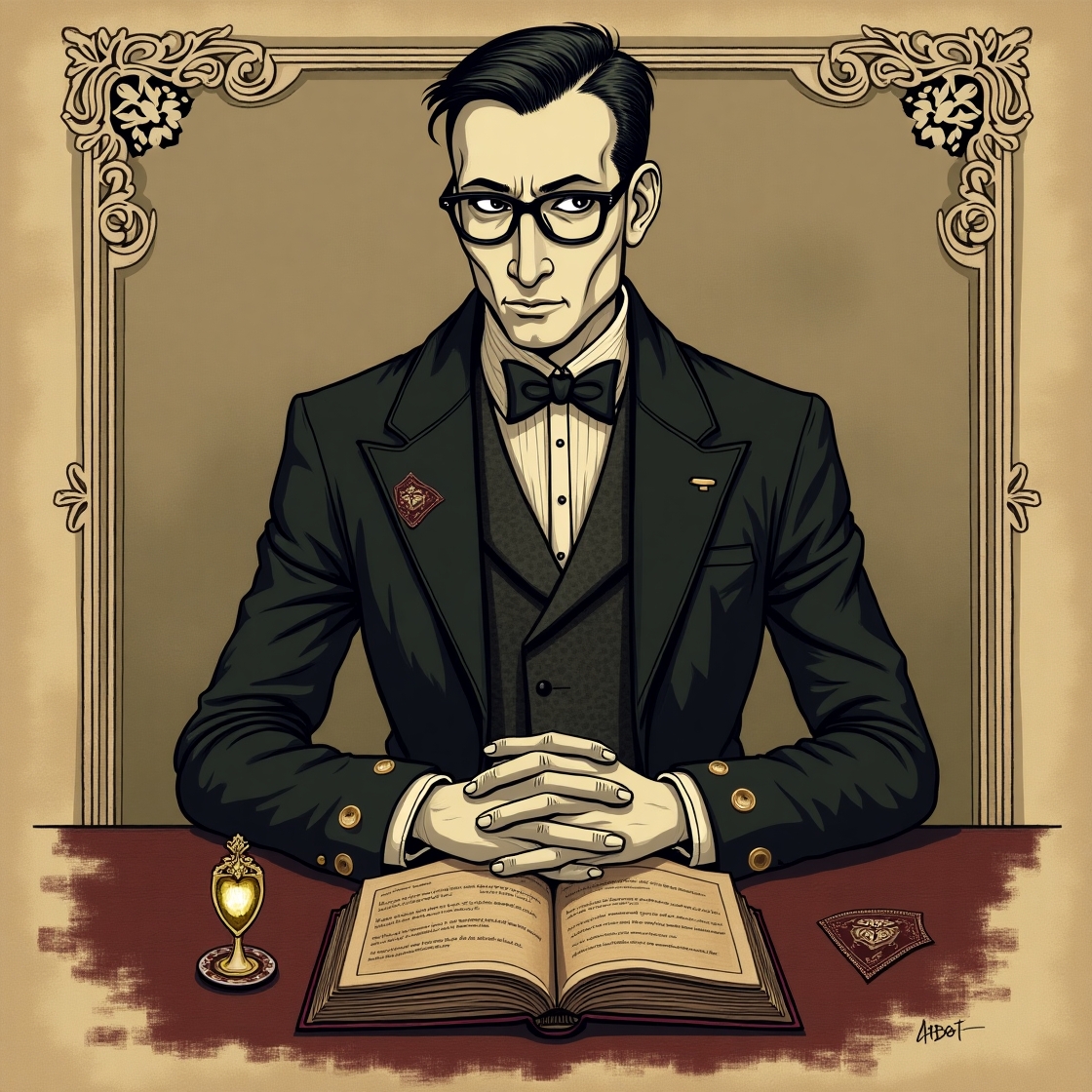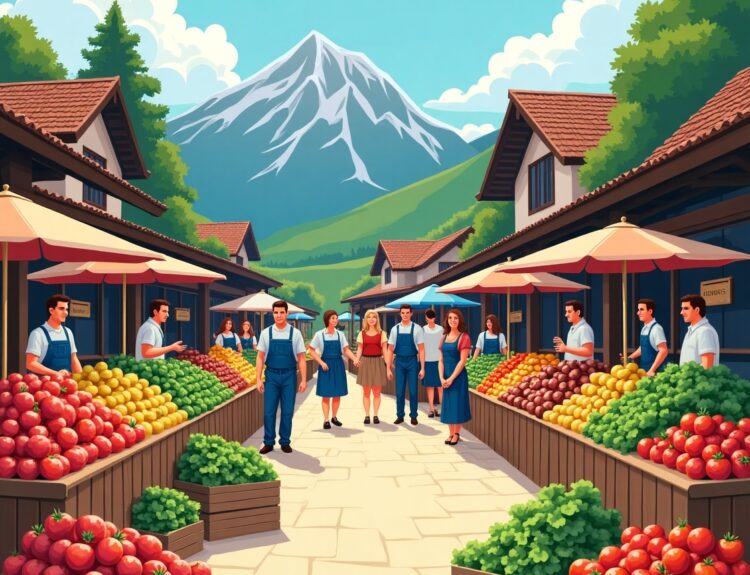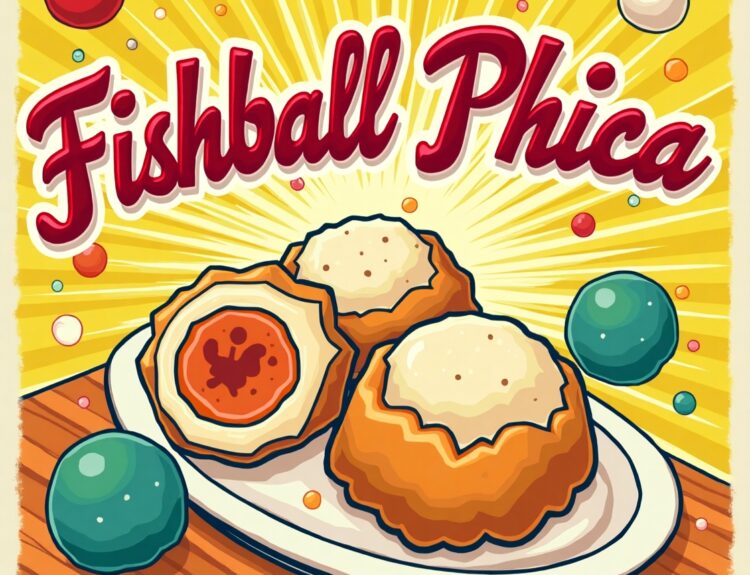Introduction:
The internet is full of strange but fascinating phrases—and one that’s caught recent attention is “Robert Schoulevilz petite cuillère.” It sounds French mysterious and a little poetic. But what does it actually mean?
Whether it’s a real person, a symbolic spoon, or just clever wordplay, people around the world are typing this phrase into Google, looking for answers. If you’re one of them, you’re in the right place.
What Does “Robert Schoulevilz Petite Cuillère” Mean?
Let’s Break It Down
- Robert Schoulevilz – A name that sounds formal and possibly French or Swiss, but there’s no historical or famous person officially known by this name (as of now).
- Petite cuillère – French for “small spoon” or “teaspoon.”
Put together, “Robert Schoulevilz petite cuillère” could refer to:
- A fictional or humorous character
- A symbolic reference (a spoon often symbolizes subtlety, simplicity, or even elegance in French culture)
- An internet meme or inside joke
Many users believe it’s part of a viral or surrealist internet trend—similar to how meaningless or odd phrases sometimes go viral just because they sound deep or intriguing.
Why Is “Robert Schoulevilz Petite Cuillère” Trending?
1. Internet Curiosity
Unusual phrases like this often start circulating through:
- Reddit threads
- TikTok or Instagram captions
- Satirical or surreal meme pages
- AI-generated art or poetry
They become mysterious keywords because people are drawn to figure out if there’s a hidden meaning behind them.
2. French Culture Influence
The phrase uses a French term, and French phrases often attract attention online because they sound elegant or mysterious, especially when mixed with English or foreign names.
Possible Interpretations
1. Art or Conceptual Joke
It could be a conceptual art idea, like those created by online artists or surrealist writers. For example, a made-up artist “Robert Schoulevilz” who is known for his obsession with small spoons.
2. Meme Culture
It might be part of nonsensical meme humor—like “emotional support spoon” jokes, “banana for scale,” or similar viral ideas that don’t have real meaning but get shared for laughs.
3. AI-Generated Phrase
With the rise of AI-generated content, it’s also possible that this phrase was auto-generated as part of a creative experiment and accidentally caught the attention of internet users.
How Google’s Algorithm Picks Up Phrases Like This
Google ranks keywords like “Robert Schoulevilz petite cuillère” based on:
- Search volume spikes
- Unique page content
- User interaction (click-throughs, time on page)
- Keyword match in titles, headings, and meta data
When people search for a weird phrase and find engaging content (like this article!), the algorithm pushes it higher in results—even if the phrase started as a joke.
Why You Should Care About Fun Viral Terms
Whether or not Robert Schoulevilz petite cuillère means anything real, it shows how the internet shapes language and trends. A name and a teaspoon can become the center of attention—and it’s fun to be in on the mystery.
Conclusion: The Power of a Name and a Spoon
Robert Schoulevilz petite cuillère may not point to a famous person or clear message, but it has done something special—it sparked curiosity, creativity, and imagination. That’s what the internet does best.
Final Thoughts: Mystery Makes Things Memorable
Whether you’re an artist, a meme-lover, or just someone who enjoys the strange side of the web, phrases like Robert Schoulevilz petite cuillère remind us that not everything needs to make sense. Sometimes, a little mystery is all it takes to go viral.
FAQs About Robert Schoulevilz Petite Cuillère
1. Is Robert Schoulevilz a real person?
As of now, there’s no public figure or artist by this exact name. It seems to be fictional or symbolic.
2. What does “petite cuillère” mean?
It’s French for “small spoon” or “teaspoon.”
3. Is this part of a meme or viral video?
Possibly. It could be circulating on social platforms or forums as a joke or concept.
4. Why is this phrase getting searched?
Because it’s unusual and mysterious—people are curious about its meaning or origin.
5. Is this phrase used in art or poetry?
It’s possible. The combination sounds artistic and could be used in surreal poetry, storytelling, or digital art.



